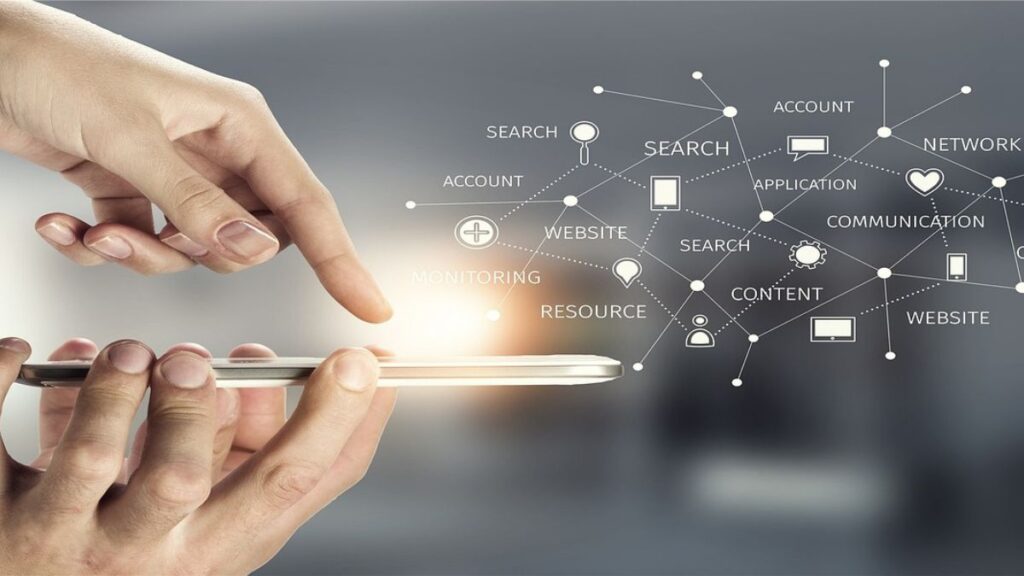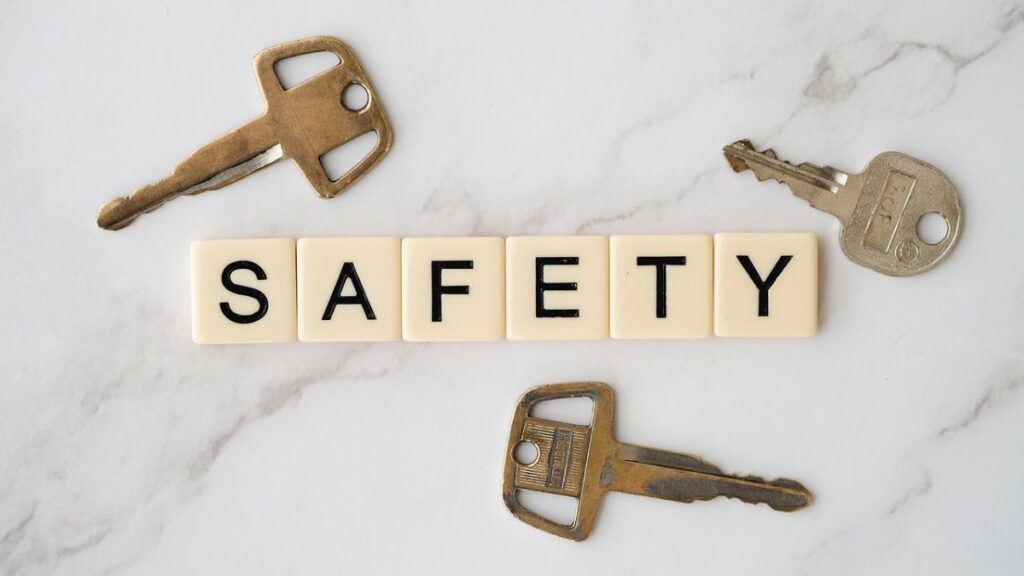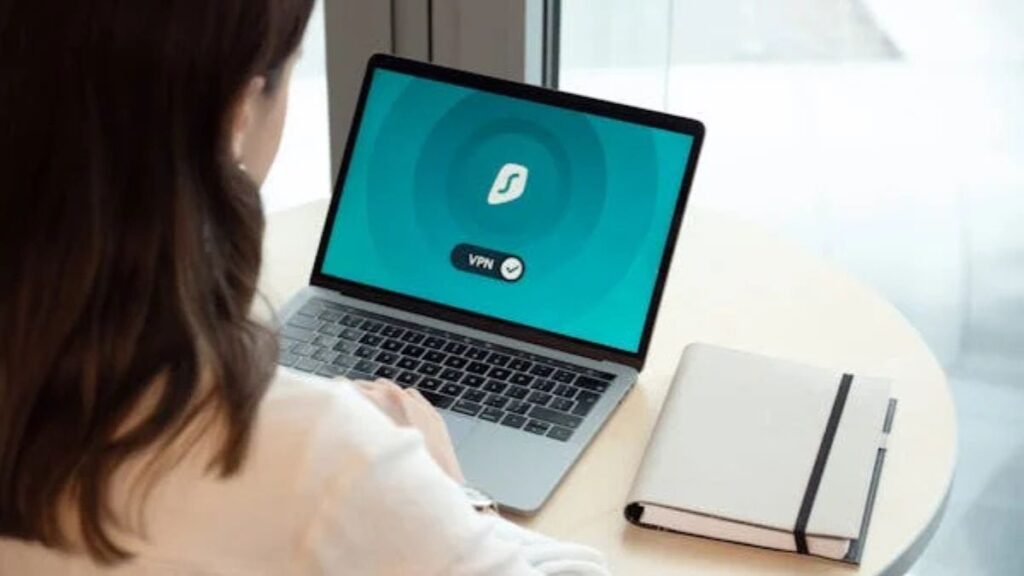Our data is constantly at risk. Whether it’s personal information, financial records, or sensitive business data, we are all vulnerable to cyber threats. As cybercriminals become more sophisticated, it’s essential to stay ahead of the curve and ensure your data remains safe. In this post, we’ll cover some practical cybersecurity tips that can help safeguard your data and protect your online presence.

Why Cybersecurity is More Important Than Ever
The importance of cybersecurity cannot be overstated. As more of our personal, financial, and professional lives are conducted online, the risks associated with cyber threats continue to grow.
Hackers are becoming more sophisticated, using advanced techniques to breach even the most secure systems. Businesses, organizations, and individuals need to be prepared for cyber attacks that could lead to severe data breaches, financial loss, and reputational damage. From ransomware to phishing scams, the variety of cyber threats makes it crucial to stay vigilant. The best defense is proactive cybersecurity, ensuring that you are prepared to handle potential attacks before they occur.
Strong Passwords Are Your First Line of Defense
One of the simplest, yet most effective ways to protect your data is by using strong, unique passwords for all your accounts. Passwords are often the first line of defense against unauthorized access to your personal and financial information. Unfortunately, many people still use weak or recycled passwords across multiple platforms, making it easier for hackers to break into accounts.
A strong password should be a combination of upper and lowercase letters, numbers, and special characters. Avoid using easily guessable information like your name, birthdate, or common phrases. Additionally, consider using a password manager to generate and store secure passwords for each of your accounts. This way, you don’t have to rely on memory while maintaining a high level of security.
Enable Two-Factor Authentication (2FA)
Two-factor authentication (2FA) is an extra layer of security that can protect your online accounts. Instead of just requiring a password to log in, 2FA requires an additional verification step, such as a code sent to your mobile device or an authentication app. This extra layer makes it much more difficult for hackers to gain unauthorized access, even if they have your password.
Many popular platforms, including email services, social media accounts, and financial institutions, offer 2FA as an option. Enabling this feature adds a significant level of protection, and it only takes a few minutes to set up. Even if your password is compromised, 2FA can prevent unauthorized access to your account.
Keep Your Software Up-to-Date
Software updates are essential for cybersecurity. Developers regularly release updates to fix security vulnerabilities and patch potential exploits. By neglecting to install these updates, you are leaving your devices open to cyber threats.
Make it a habit to enable automatic updates on all your devices, including your computer, smartphone, and any apps you use. If manual updates are necessary, ensure you install them as soon as they’re available. Cybercriminals often target outdated software, so keeping everything up-to-date is one of the simplest and most effective ways to protect your data.
Be Wary of Phishing Scams
Phishing scams remain one of the most common tactics used by cybercriminals to steal personal information. These scams typically involve fraudulent emails, messages, or websites that appear legitimate but are designed to trick you into providing sensitive data like passwords, credit card numbers, or social security information.
To avoid falling victim to phishing scams, always be cautious when receiving unsolicited emails or messages. Look for signs of a scam, such as generic greetings, suspicious links, or urgent demands. Never click on unfamiliar links or attachments, and if you’re unsure about the authenticity of a message, contact the organization directly through their official website or phone number.
Use a Virtual Private Network (VPN)
A Virtual Private Network (VPN) is a tool that helps protect your privacy while browsing the internet. It encrypts your internet connection, making it more difficult for hackers or other third parties to monitor your online activities. A VPN is especially important when using public Wi-Fi networks, which are often unsecured and easy targets for cybercriminals.
By using a VPN, you can ensure that your internet traffic is secure, even when connected to public Wi-Fi. There are many VPN services available, so make sure to choose a reputable provider with strong encryption protocols. While using a VPN won’t make you invincible to cyber threats, it significantly reduces the risk of being hacked.

Cybersecurity is an ongoing process that requires vigilance, awareness, and the right tools. By following these tips—using strong passwords, enabling two-factor authentication, staying up-to-date on software updates, and more—you can significantly reduce the risk of a data breach. Remember, cybersecurity is not a one-time fix, but a continuous effort to stay ahead of evolving threats.
As cybercriminals continue to develop more sophisticated techniques, it’s important to stay proactive and vigilant. Protecting your data is not just about preventing loss, but also about ensuring your peace of mind in an increasingly connected world.







